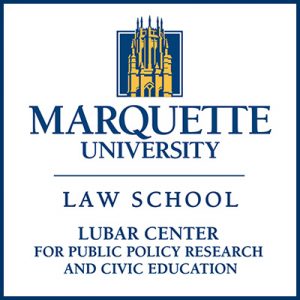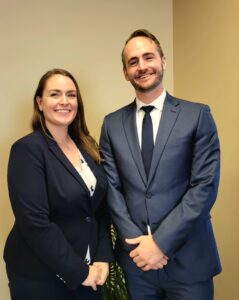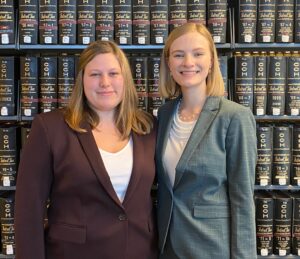Under Pressure, Independent Panels Produce Mixed Results in Local Redistricting
 This blog post continues the focus of the Law School’s Lubar Center on redistricting.
This blog post continues the focus of the Law School’s Lubar Center on redistricting.
Hurtling toward a Nov. 23 deadline to redraw their district lines, Wisconsin’s largest city and county left no room for error.
The Milwaukee County Board voted Nov. 22 to finalize a new supervisory district map, while the Milwaukee Common Council will vote Nov. 23 on new aldermanic districts.
By contrast, the Dane County Board crossed the finish line with a few days to spare, adopting a final supervisory map for the evening of Nov. 18. And Madison’s Common Council completed its work on both aldermanic districts and voting wards on Nov. 2, well ahead of deadline.
The contrasting timetables reflect the contrasting results of the Badger State’s first experiments with using independent advisory panels to help draw local district lines. Those panels succeeded in Dane County and the Racine Unified School District, but their work ended in rejection and recriminations in Milwaukee and Brown counties.
Wisconsin redistricting panel’s maps could pit dozens of incumbents against each other
This blog post continues the focus of the Law School’s Lubar Center on redistricting.
 Nearly half of Wisconsin Assembly members and more than one-third of state senators — including the top Republican leaders in both chambers — would have to run against fellow incumbents if they seek re-election from the districts where they now live, under new maps proposed by an advisory commission.
Nearly half of Wisconsin Assembly members and more than one-third of state senators — including the top Republican leaders in both chambers — would have to run against fellow incumbents if they seek re-election from the districts where they now live, under new maps proposed by an advisory commission.
The People’s Maps Commission plan also would place four of the state’s eight U.S. House members in the same districts as their colleagues, according to an analysis by John D. Johnson, research fellow in the Lubar Center for Public Policy Research and Civic Education at Marquette Law School.
By contrast, maps proposed by the Legislature’s GOP leadership and by the conservative organization Common Sense Wisconsin would group far fewer incumbents together, Johnson’s analysis shows.


